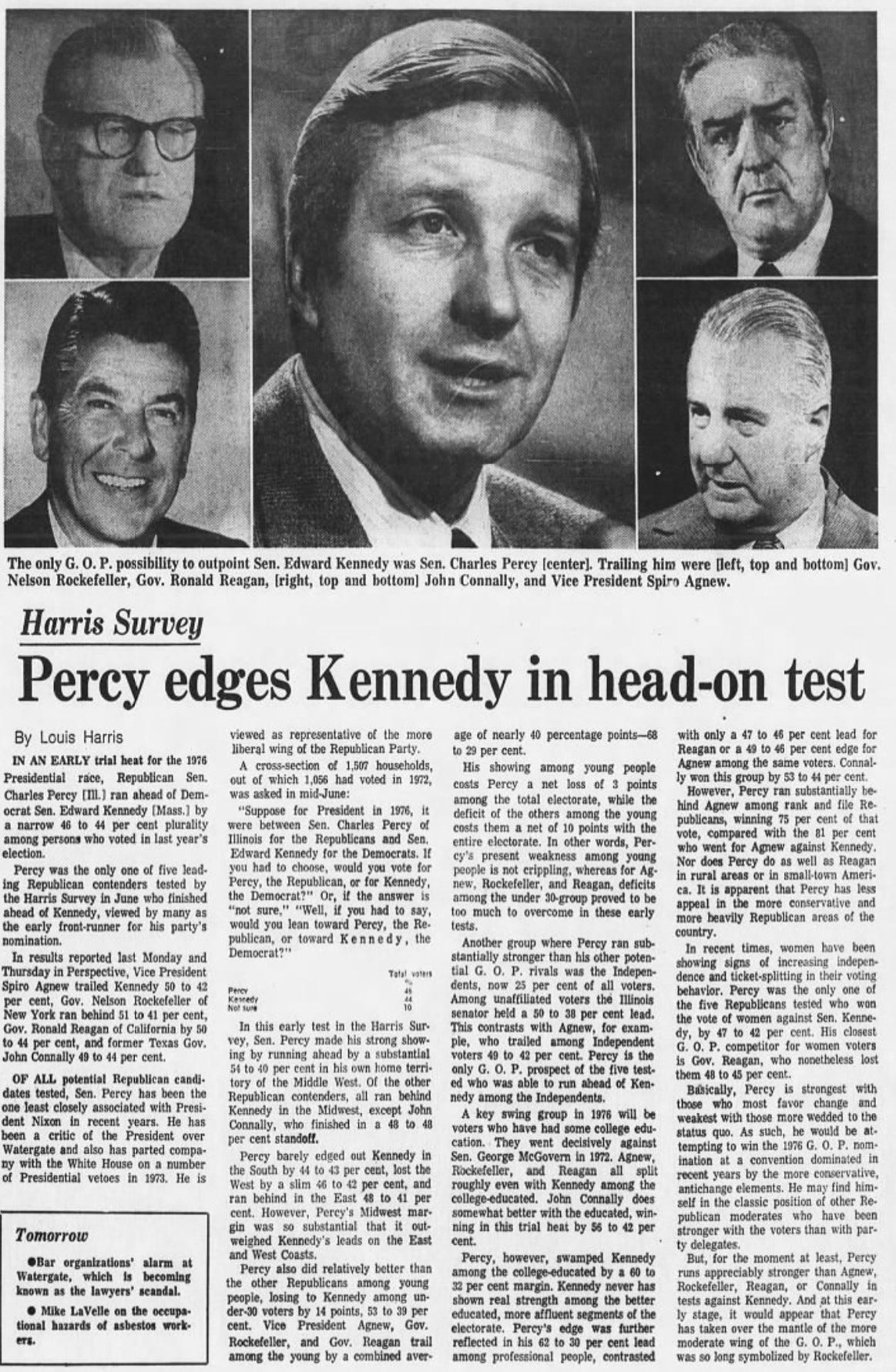On August 2, 1920, throngs of people gathered outside Charles Ponzi’s office on School Street in Boston. Hundreds of angry men stood in line muttering to themselves. Some women fainted in the heat. Police stationed extra officers in the crowd to deter pickpockets.
Just the day before, Ponzi’s own press agent took to the pages of the Boston Post to announce the Italian immigrant was running a scam against the people of Boston. William McMaster told the paper Ponzi’s “scheme” promising inventors 50 percent returns within 45 days was a scam, and that Ponzi was actually insolvent. Regulators immediately began investigating.
Many in the crowd outside Ponzi’s office were there trying to get their money back. Some had notes that were due within days and they were worried they would never see their money again.
But even with the walls closing in on him, others were there to support Ponzi, who had already served jail time in Montreal for a similar “pyramid” style scheme. Some even invested their money after he faced allegations of impropriety.
“You’re the greatest Italian of them all,” one person shouted when the notorious scammer arrived at his office.
“No,” Ponzi responded. “Columbus and Marconi. Columbus discovered America. Marconi discovered the wireless.”
“You discovered money,” yelled another voice.
Italian immigrants in Boston felt that attacks on Ponzi were attacks on their culture. This was further reinforced in late July when Boston Post publisher Clarence Barron ran a column arguing Italians weren’t sophisticated with money and thus needed enhanced protection from Ponzi. Barron called Italians “children in finance.”
Ponzi was more than happy to play the victim, arguing the media were against him.
“His allusion implies a decided contempt against the Italian race which is uncalled for and unjustifiable,” Ponzi responded. He wrote that banking was born in Italy, so it was “not surprising, therefore, that I, an Italian by birth and educated in Italy should have come from Italy with perhaps a deeper knowledge of foreign exchange, foreign customs and foreign commerce far superior than the knowledge Mr. Barron has, ever did have or ever will have.”
Three months later, Ponzi pleaded guilty to a single federal charge. He would eventually be found guilty on more counts and spend 14 years in prison, and his name is still associated with schemes in which investors’ money is simply shifted around to make it appear as if other investors are reaping large rewards.
Ponzi wasn’t the last notable public figure to see his community rally to his defense in the face of criminal wrongdoing. While “cancel culture” is the current rage, sometimes the opposite happens - infamous cads earn more support from communities of fans that believe they are being personally attacked when the celebrity gets popped.
People of a certain age remember the dancing in the streets when a Los Angeles court acquitted O.J. Simpson of murdering his ex-wife and her boyfriend. Michael Jackson’s popularity remained as strong as ever as mountains of evidence proved he was having sexual relations with young boys. John Lennon was an admitted abuser of women and children, but his fans treat his domestic violence episodes as if he had once gotten a parking ticket.
The transgressions don’t even have to be criminal. Will Smith slapped Chris Rock at the 2022 Oscars, then minutes later received a standing ovation from the audience when he won a Best Actor trophy. The Green Bay Packers will sell exactly zero fewer tickets this year because star quarterback Aaron Rodgers has exposed himself as a meretricious hippie dickbag.
So what compels people to defend the indefensible when it comes to celebrities?
For one, they see an attack on a celebrity as an attack on themselves. It is hard to admit you’ve been wrong about someone that has had a profound and beneficial effect on your life.
I have actually struggled with this myself. Back in 2017, at the height of the #MeToo movement, I wrote a USA Today column about my mixed feelings regarding my childhood hero, Woody Allen, who inspired me at a young age to write.
I said:
Perhaps I've been overly protective of Woody Allen over the years. It feels that if the accusations against him were true, it would somehow lessen me personally and my experiences with his work. It is unsettling to think I might not be writing at this moment had I not been influenced by a man who might be a monster.
Expressing doubts about your idols can further affect your social life. As citizens, we sort ourselves into groups of common interests based on religion or sports fandom or family or politics or social media or music or comic books or whatever. If you were an Italian in Boston in 1920, you risked siding with the “bigots” if you admitted Charles Ponzi was up to no good.
Breaking from those groups can cost you friendships and leave you on the outside of your comfortable social circles. This desire to feel wanted and needed is often stronger than one’s adherence to common sense or consistency. We will make ourselves unrecognizable to our past selves in order to remain in good standing within our social packs.
Which brings us to Donald Trump.
Both in the White House and out of it, Trump demands complete loyalty from his followers, both at the individual and group level.
His demands of individual obeisance are legendary. It is why Republican elected officials refuse to criticize him, even when he’s using the presidency to shake down a foreign leader for dirt against his political opponents or when he foments an insurrection meant to overturn an election or when he’s caught hiding top secret classified documents in his home. For spineless suckholes like Sen. Ted Cruz of Texas, Trump can belittle your wife’s looks and accuse your father of plotting to kill John F. Kennedy and you will still dutifully show up to give him a deep tissue massage on a daily basis.
Trump demands just as much from non-politicians. Just look at the fundraising emails he and his supporters send: They often use apocalyptic language about how, if you refuse to sign up for recurring donations, you have ABANDONED Trump and you are a RINO DEFECTOR.
These demands Trump makes on his supporters have completely changed the way Americans interact with their elected officials. Citizens used to vote for politicians that best reflected their way of life; now being pro-Trump is its own way of life, and dissenters are treated as traitors.
For a true believer who has spent the last six years supporting Trump, it would be humiliating to back away now. You would have to admit to finally seeing what was evident all along, thus exposing yourself as a gullible rube. The only way to spare yourself and Trump is to forge ahead, hypocritically supporting everything you once probably condemned.
To wit:
For decades, Republicans lambasted Democrats like Bill Clinton for their sexual improprieties; they then supported a man who has been credibly accused of sexual assault by dozens of women and who paid off a porn star to keep quiet about their sexual relationship. Trump used to criticize citizens who pleaded the fifth in judicial proceedings as automatically guilty; last week he pleaded the fifth over 400 times in a civil proceeding brought against him in a New York court.
And, of course, the right previously celebrated the use of the FBI to pursue the Clintons, while they now call for dismantling the agency after a recent search of Trump’s Mar-a-Lago resort turned up boxes of highly classified materials. (As president, Trump himself signed a law increasing the penalty for moving classified materials to a felony. This creates, as one of my Twitter followers put it, a theological “Trump Paradox” — “is he really Trump if he can make a law that he himself can break?”)
L’affaire Mar-a-Lago is particularly instructive, because most political observers acknowledge that Trump’s standing within the Republican Party is now stronger because the FBI believes he may have committed a serious crime. (It is also, ironically, the first evidence that Donald Trump ever possessed any intelligence.)
"It seemed to motivate his base, and people were rushing to his defense and feeling as if he was being picked upon and martyred," said Republican Maryland Gov. Hogan on a weekend talk show. "But I don't think we've seen the end of the story yet."
In other words, Republican voters are rallying around the cad in ways we have never seen. They believe an attack against Trump - a man who ascends to his New York office in a gold elevator - is just as much an attack on them.
(This has actually become one of the most prevalent MAGA talking points in the past few days - “If they can raid Trump’s home, they can do it to you.” As if @TrumpPatriot4545 is stashing classified information on America’s nuclear capabilities under the ivermectin cooler in his garage.)
Like Ponzi, Trump is at his strongest when he is a victim. Unfair attacks from the media, the U.S. attorney general, the deep state, Twitter, or whomever simply demonstrate to his people that he’s pissing off the right people. And it suggests they should too, no matter how outrageous their behavior.
Historically, it makes sense for politicians to stick with Trump. In early 2020, I wrote an article that examined what happened to Republicans that broke with Richard Nixon early in the Watergate proceedings. The answer: They didn’t last long.
Take Republican Illinois Sen. Charles Percy, a moderate who in 1973 looked like a shoo-in for the White House. A Harris poll conducted in June of that year placed Percy ahead of every other candidate, including Sen. Ted Kennedy, Vice President Spiro Agnew, and Ronald Reagan.
After initially supporting Nixon, Percy broke with the president and, in March of 1973, said the Republican Party should disassociate itself with Nixon. A few months later, an angry Nixon said Percy would never be president “as long as I have anything to say about it.”
He was right. Percy’s star quickly faded, while Republicans like Ronald Reagan and George H.W. Bush, who defended Nixon until the end, went on to prosperous political careers.
The same thing is happening now. Promising young Republican politicians that voted to impeach Trump after the Jan. 6 insurrection are losing primaries, and if the 2024 Republican presidential primary were held today, Trump would crush any wannabe contenders. The more wretched the former president behaves, the greater his powers. His potential criminal activity isn’t a weakness, it has become a strength.
And with that strength, Trump and his allies have launched an attack on America and its law enforcement agencies. Just this week, Jan. 6 insurrection attendee Ricky Shiffer entered an FBI building in Cincinnati with an AR-15 and other weapons. After a confrontation with police, he was fatally shot. Other law enforcement officials, including the Florida judge who signed Trump compound search warrant, have faced death threats.
Trump is basically like Fred Durst at Woodstock ‘99, imploring Limp Bizkit fans to rip the entire venue apart, bolt by bolt.
And, of course, Trump’s sycophants continue to faint at the mere whiff of his political pheromones. Take the aforementioned Ted Cruz, who in 2016 declared, “I don’t know anyone who would be comfortable with someone who behaves this way having his finger on the button...I mean, we’re liable to wake up one morning and Donald...would have nuked Denmark."
Do I even need to type the rest?
This week Cruz said the “biggest losers from Merrick Garland raiding Donald Trump” were the Department of Justice, FBI, and the rule of law.
“Their actions were so political, it’s obvious to everyone!,” said Cruz.
As is the case with every famous reprobate that finds himself in trouble, fans will flock to defend him, and by extension, themselves. But it doesn’t mean the celebration of criminality - especially by politicians who are simply putting their own careers over the good of the nation - is also not brazen, embarrassing, and ultimately damaging to our cultural survival.
Oh, and Charles Ponzi? Just weeks before he went to prison, he identified a new profession he might be interested in. One in which he would have undoubtedly been wildly successful.
“I’m beginning to think seriously of entering politics very soon,” he told a reporter.
ALSO: Licorice Pizza is now on Amazon Prime, and it’s one of the best movies of last year. So check it out.
ALSO: I am aware I haven’t written a newsletter in a while. But big personal changes are afoot. Hang in there!









